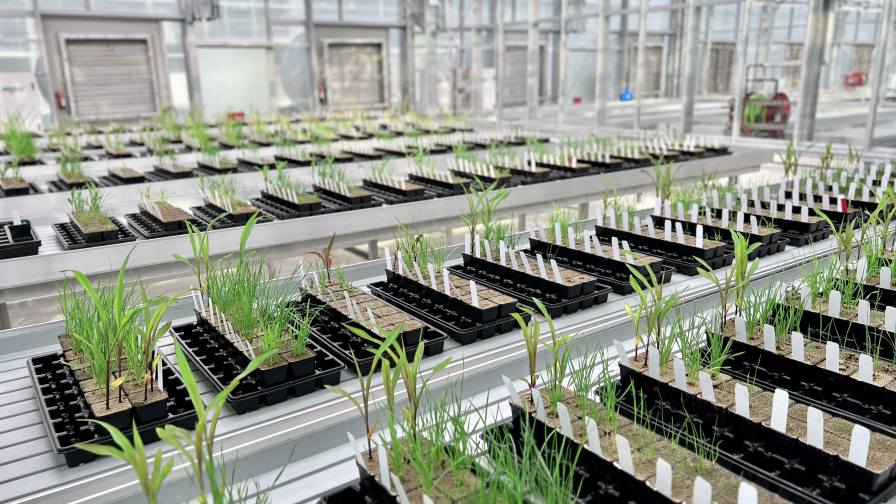Business in Kenya
The Economy And Trade
Kenya’s gross domestic product (GDP) in 2005 was US $16.3 billion. While small by world standards, that figure makes Kenya the leading economy of its region, and dominated by agriculture, which represents a quarter of Kenya’s GDP.
The economy continues to recover from its low point in 2002. It grew by 5.8% in 2005, up from 4.9% the previous year, led in part by horticultural products. Overall inflation rose to 10.3% in 2005, driven by higher oil prices and higher drought-related food prices. The economy is expected to grow in 2006 by as much as 6%, while inflation could drop sharply to around 5% thanks to lower food prices.
Kenya’s overall trade deficit grew 81% from US$1.6 billion in 2004 to US$2.9 billion in 2005, and the current account deficit also worsened to US$1.6 billion, up from US$375 million in 2004. Tea, horticulture (including fresh cut flowers), coffee, and textiles are the country’s main exports, many of which are traded to the EU (37% of the country’s 2004 exports were sent to EU countries). The Common Market for Eastern and Southern African (COMESA) countries came second with over 23% of total trade.
Kenya is a member of both COMESA and the East African Community (EAC). In January 2005, EAC launched a customs union, and there currently are plans for harmonization of policies in investment, services, food standards, and other areas.
Business Culture
Kenyan business executives tend to be relatively informal, open, and accommodating. The use of first or surname name at an early stage of a business relationship is acceptable. Friendship and mutual trust are highly valued, and once this trust is earned, a productive working relationship can grow.
Negotiation is very important to Kenyan business. Haggling and bargaining are present at the retail, wholesale, and distribution levels. Business gifts are not expected from business partners, but business entertainment such as lunches, golf outings, and cocktails often help to finalize major deals.
Kenyan businessmen appreciate quality and service and typically are willing to pay extra if convinced of a product’s overall value can be demonstrated. The market is extremely price sensitive, making timeliness of delivery dates and after-sales service vital. Additional shipping time to Kenya should always be planned for, and the Kenyan buyer should continuously be updated on changes in shipping schedules and routing. Since Kenyan importers generally do a lower volume of business than larger-market exporters, exporters should be ready to sell smaller lots than they may be used to.
Trade Barriers
The East African Community (EAC) trading bloc, which is comprised of Kenya, Tanzania, and Uganda, has established a Customs Union Protocol (effective since January 1 2005), which sets zero duty on most goods traded between member nations. The Protocol also set a Common External Tariff which has resulted in a harmonization of import tariffs for all three countries and a significant tariff reduction for most goods. However, import tariff rates for some key agricultural products have increased considerably. A three-tier tariff schedule has been established with the rates applying as follows:
- Raw Materials: 0%
- Processed or Manufactured Inputs: 10%
- Finished Products: 25%
Government Contacts
Kenya Bureau of Standards
P.O. Box 54974
Nairobi, Kenya
Tel: 254-20-600034/66 or 69028201/401/410
Fax: 254-20-609660/503293
Email: [email protected]
Website: www.kebs.org
Contact: Eng. Dr. Mang’eli Kioko, Managing Director
Customs and Excise Department
Ministry of Finance
P.O.Box 30007
Nairobi, Kenya
Tel: 254-20-715540
Fax: 254-20-718417
Website: www.revenue.go.ke
Kenya Plant Health Inspectorate Service(KEPHIS)
P.O.Box 49592
Nairobi. Kenya
Tel: 254-20- 884545, 882933, 882387
Fax: 254-20- 882265
Email: [email protected]
Website: www.kephis.org
or
www.kenyapvoc.com
Contact: Dr. C.J. Kedera, Managing Director
Department of Veterinary Services
P.O. Private Bag. 00625, Kabete
Tel: 254-20- 631383/2231/1287
Fax: 254-20-631273
Email: [email protected]
Contact: Dr. Joseph Musaa, Director





